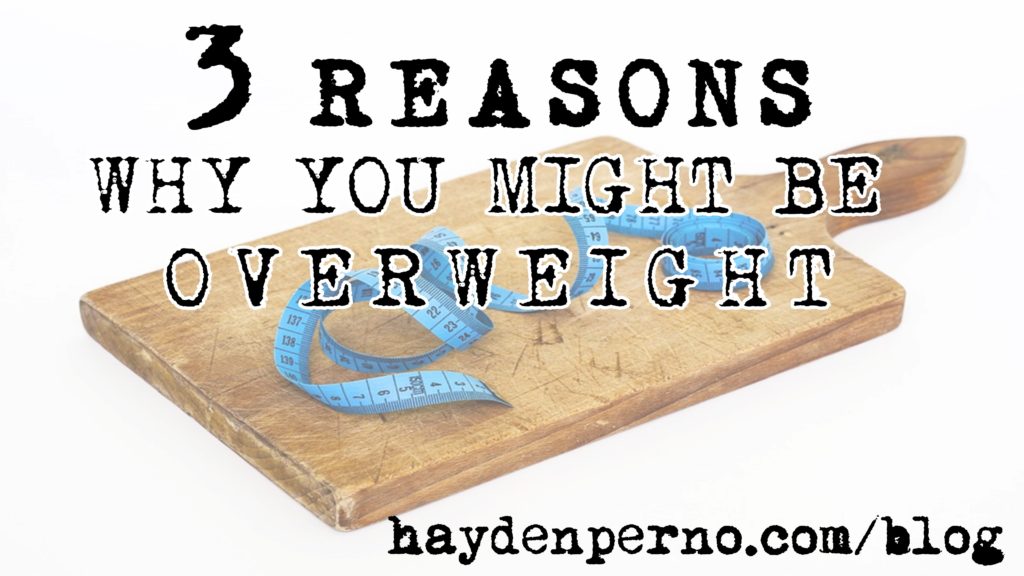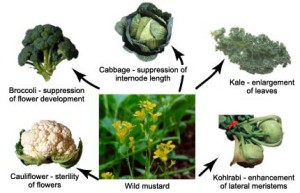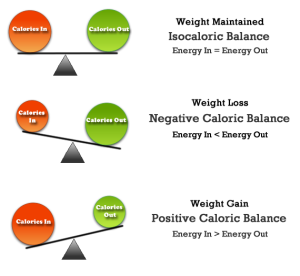Every now and then at university, my lecturers break out of the habit of talking at us like drones without – what seems to be – any interest to what they’re actually teaching us, and bring us a take on a fact or topic that really piques my interest. Now, regardless of the fact that my interest can be piqued rather easily, certain topics must first pass the “worthy enough to share with all of you” test, too, however. Which, this week it did.
But in case you hadn’t already gathered from the title, this week’s topic is about how certain things inside of us, and within our very society, are causing a pandemic of overweight and obese people. With it not only seeming like it’s not going away (roughly 2.1 billion people are either overweight or obese), but that it is ever-rising. So much so, that a future the movie Wall-E predicted, doesn’t seem quite so farfetched.
THE WORLD IS SICK
In 2010, Eric Schmidt, the CEO of Google, announced that the amount of information we produce every two days, is equal to the amount of information that was produced right from the dawn of civilization, right up until now. Whilst some argue this being true at all, we can all agree that the amount of information out there is ever increasing with each passing day.
What’s really cool about this, however, is that basically anything we could ever want to know about practically anything, is somewhere inside the World Wide Web, just waiting to be consumed by our hungry neurons. What’s bad about this level of access is the overwhelming level of information that is there. So much information, in fact, that it literally covers every single corner of a dodecahedron, and results in us, sometimes, not even knowing the difference between legitimate facts and regurgitated hysteria.
Which means that we’re all susceptible to jumping on bandwagons and all have a higher chance at being led to believe certain things that just aren’t true when they’re stacked up against the real, unbiased, undogmatic views that are constantly being studied and analysed.
PEEING YOUR PANTS IS COOL
We have an interesting culture, that’s for sure. If we don our blinkers and view each end of the health and fitness spectrum, we can quite easily see the extremes.
On one side, we see the mob that supports tracking intake every single day, we see the pro-paleo people, the pro-veganists, the pro-no carbs, the pro-eat-every-two-hours-or-you-will-die crew. And on the other side, we see the indoctrinate-like supporters of fast foods, junk food binges, and eating contests that reward someone for stuffing their face in a certain amount of time, that will more than likely result with them on the toilet for the next 24 hours feeling like absolute crap (not a pun).
If we then remove the blinkers, we can of course see the folk that sit in between. The grey ones. The ones that take a little from column A, a little from column B, and blur the line between the only way to do something, with what works for them that particular day.
Which works for a lot of people. But for the ones that aren’t comfortable nestled in and amongst the grey people, they start to look towards the extreme options. They start to wonder if that next challenge will finally help them lose that weight. They start to wonder if that weight loss pill is their only answer to suppressing their lust for a bacon ‘n’ egg roll every single day. They start to wonder if going paleo will allow them to overindulge in whatever food was around back in that era (pro tip: practically no foods from back then are around nowadays. If they are, they’re all evolved versions thanks to agriculture and artificial selection).
With over 40% of the world connected to the Internet nowadays, who can blame the one-siders for joining and forming groups, teaming up, and moving to one side of the face when we’re so inundated with options that our minuscule twenty-four hour day just doesn’t allow us to sift through it all anyway?
After all, “that guy at the gym said it worked, so why not give it a go?”, “my friend Nancy knows someone that did that 8-week challenge and she’s looking better than I ever have!”, and “my doctor said that taking this weight loss pill is my last resort before bariatric surgery.”
Right?
It’s a sad reality what we see, but that doesn’t mean that whoever you are or whatever your access to information is, is your only fate. Understanding a few things first will allow you to open your eyes to what is possible, and what just needs more of your time, patience, and effort to unlock.
Starting with…
#1: MEET LEPTIN
Ghrelin’s cousin leptin is a pretty cool guy. Whilst ghrelin is known as the ‘hunger hormone’, leptin is referred to as the ‘satiety hormone’.
You see, leptin is really good at helping regulate your appetite. He’s really good at keeping tabs on your metabolism, the amount of calories you eat, expend, and store. But unlike ghrelin that is secreted by cells within the stomach and pancreas, leptin is produced by our fat cells. And, the more fat cells we have, the more leptin we can produce. Which in ideal situations, notifies our brain when we’ve had enough food whilst we’re chowing down.
Unfortunately, being very overweight or obese can lead to what is known as leptin resistance. When this occurs, even if we have a lot of fat cells, and we should therefore be producing a lot of leptin, our brain doesn’t seem to notice. It leads to it thinking that we’re still hungry, which then leads to us being more and more hungry, which then leads to us eating and eating.
The only thing we can do to break this cycle is to firstly be aware of the situation, monitor our daily intake, and pay attention to those faulty hunger signals.
Speaking of hunger signals…
#2 NEGATIVE AND POSITIVE ENERGY BALANCES
When our body is in what is called a negative energy balance – meaning, when we have not had food for a while – there is no rise in our blood glucose levels. This means that there is no rise in our insulin levels since there is nothing for it to clear. Our little friend leptin gets really bored during this state, so he sits back and let’s his cousin ghrelin team up with something known as neuropeptide Y, to stimulate our desire to eat.
If and when we do succumb to our internal signals and chow down on our next meal, we push ourselves into a positive energy balance. This then results in ghrelin trading places with leptin, which leads to him to start storing fat once again, our insulin levels rising to deal with the rise in blood glucose level, and even something known as pro-opiomelanocortin showing up to signal to the brain that we’ve eaten enough food, and to begin decreasing our intake.
This is all when things are running smoothly. And all of this can indeed go wrong and affect our homeostatic state, inhibit certain signals, and completely interrupt our regular and natural flow. If this happens, it can then lead to diminishing the signals to our brain (much like the leptin resistance from the previous subheading), which results in it not receiving certain messages such as the one that tells us that we’ve eaten enough. So, again, we keep eating.
Now, I must state that all of this is a very brief overview of the inner workings of us. It really is only scratching the surface of everything at a cellular level, but this is still interesting stuff. Which brings me to my third point.
#3: BEHAVIOURS
When we’re born, we’re fed certain things. We all grow up slightly different, so we all spend time with a certain crowd, we all choose different things, we all may or may not be forced to eat certain things. Add in our learned behaviours, certain sensory cues, our emotional inputs, available food, social standards, and you can start to paint a picture as to what might be causing someone to be overweight.
In a study put out in 2003 it states a rather interesting point: ‘Indeed, it has been argued that meal initiation is a process driven more by learned and other ‘non-biological’ parameters than by defined hormonal stimuli, and that long-term regulation of energy intake occurs predominantly via control of meal termination rather than meal onset’.
What I find interesting about this is that it brings up the question of: Does putting on weight simply come down to a choice? Do our behaviours override our internal triggers, our hormonal stimuli? If we’re aware of what is considered “bad” food to us, if we’re aware of what may be going on internally when we seem to always be hungry, is it merely a matter of addressing this and paying attention to external cues that trigger a desire to over-consume?
I certainly can’t answer these questions, but I can stimulate them and provide you with a voice in your head the next time you may justify eating well over your bodyweight maintenance allowance.
Side note: This article is a very, very brief overview of a few things that may or may not be leading to someone putting on weight. I’m sure I will return to this topic some other time as it’s a very interesting one. For now, if you have any questions or feedback, don’t be shy.






